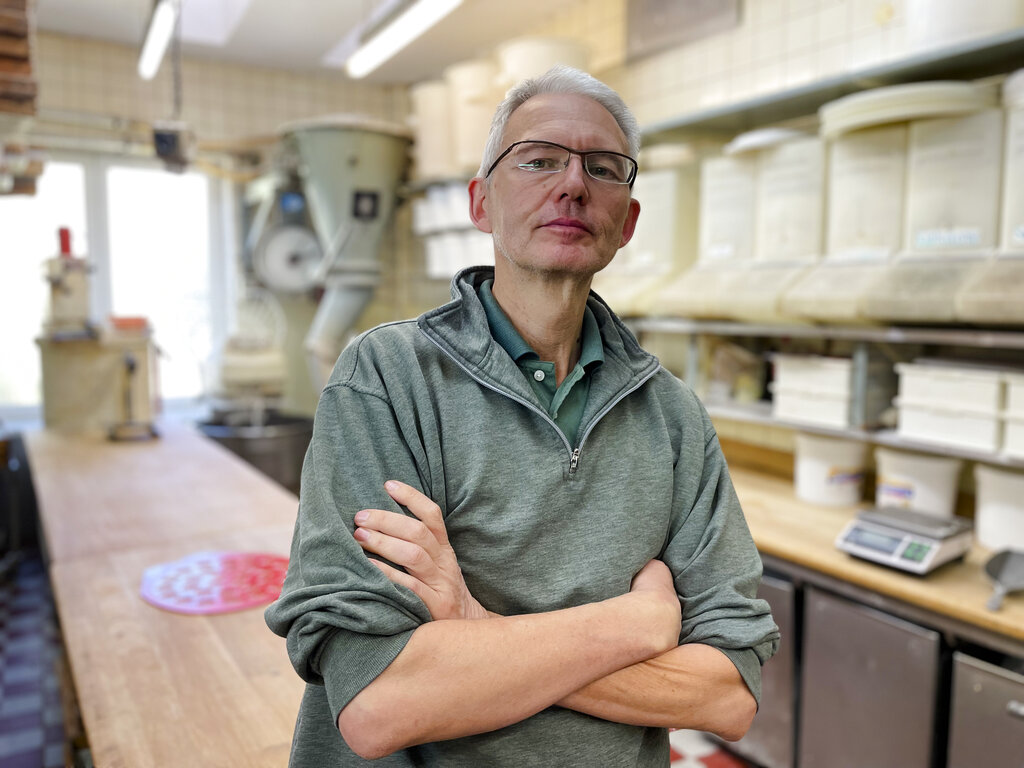Some 32 percent of German companies are already having to resort to reduced working hours and redundancies. Meanwhile, more and more firms are being forced to file for bankruptcy due to inflation and unaffordable input costs.
In October, the number of insolvency applications filed by companies rose by 18.4 percent compared to the previous month, according to the Federal Statistical Office.

The construction sector had the highest number of bankruptcy cases, with 198, a 4.2 percent increase compared to last year. The sector is characterized by bottlenecks in supply, rising prices, and projects increasingly halted due to the crisis. In trade, including the maintenance and repair of motor vehicles, 167 bankruptcy proceedings were registered, up 18 percent from a year ago.
[pp id=49213]
Economic experts predict a recession by 2023, which will be greatly influenced by micro-enterprises and the self-employed. In October, sentiment among small entrepreneurs and the self-employed deteriorated significantly again, while concerns about their livelihoods are growing, according to an analysis by the Ifo Institute for Economic Research. The confidence index fell from minus 20.9 points in September to minus 25.0 points, a negative record.
“The economic slowdown is hitting self-employed and micro-enterprises particularly hard, and existential concerns have markedly increased. In particular, the outlook for micro-enterprises in retail trade and construction is gloomy,” said Klaus Wohlrabe, head of Ifo surveys.
EU officials are also raising the alarm, signaling that economic worries are a continent-wide concern.
“Even the European Commission expects a recession by the end of 2022, although they expect the economy to grow modestly by 0.3 percent in 2023. The European economy is at a turning point,” said Paolo Gentiloni, the EU’s economic commissioner, citing high uncertainty, high energy prices, a decline in the purchasing power of private households, a weaker global environment, and tighter financing conditions.
The trouble facing German small- and medium-sized enterprises (SMEs) is illustrated by a survey by DZ-Bank, which shows that the rapid rise in electricity and gas prices is currently the biggest concern for companies, with costs rising at all levels.
The analysis shows that the energy crisis is particularly affecting medium-sized enterprises in the food industry; a significant proportion of SMEs are active in this sector, which is one of the largest consumers of energy. Bakers, dairy and sugar manufacturers, and even beverage producers, among others, need significant heat and energy for production, which are mostly produced using gas. The food industry is therefore one of the largest industrial consumers of gas, with a correspondingly high cost burden.
However, medium-sized chemical companies are also in a difficult position, as gas is not only used to generate heat for production but is also used directly as a raw material for the production of many products.






